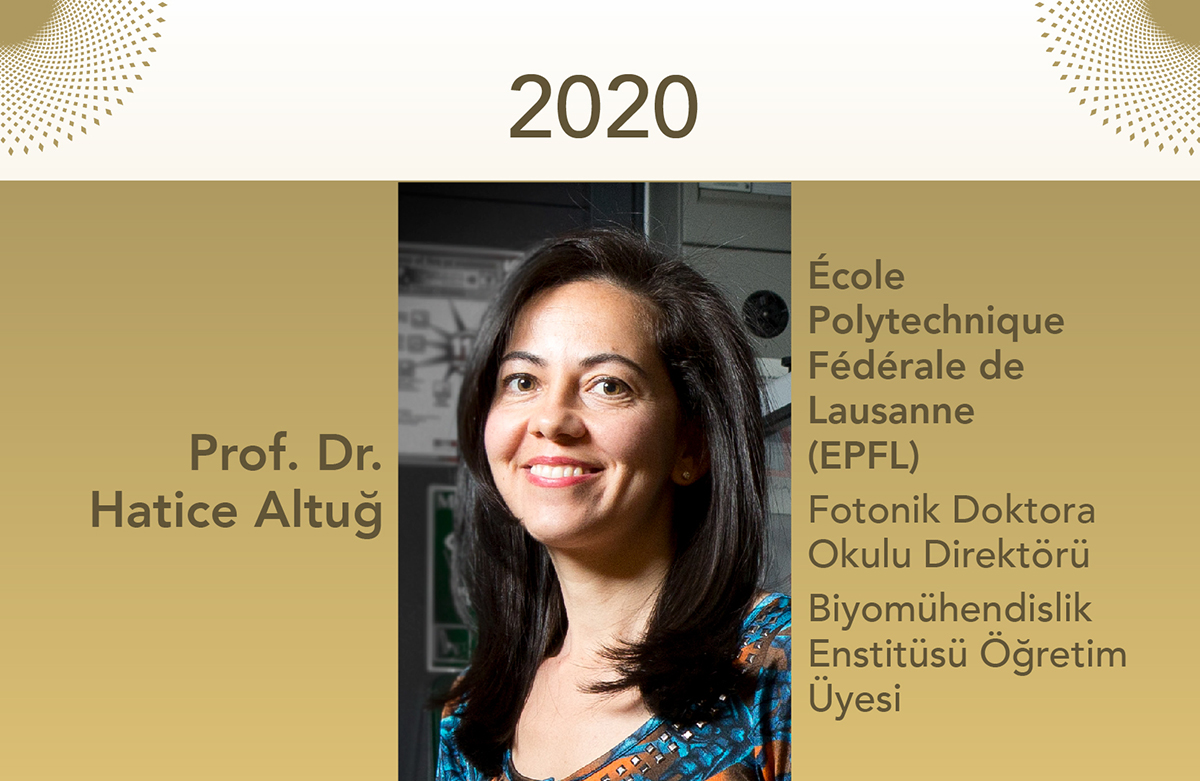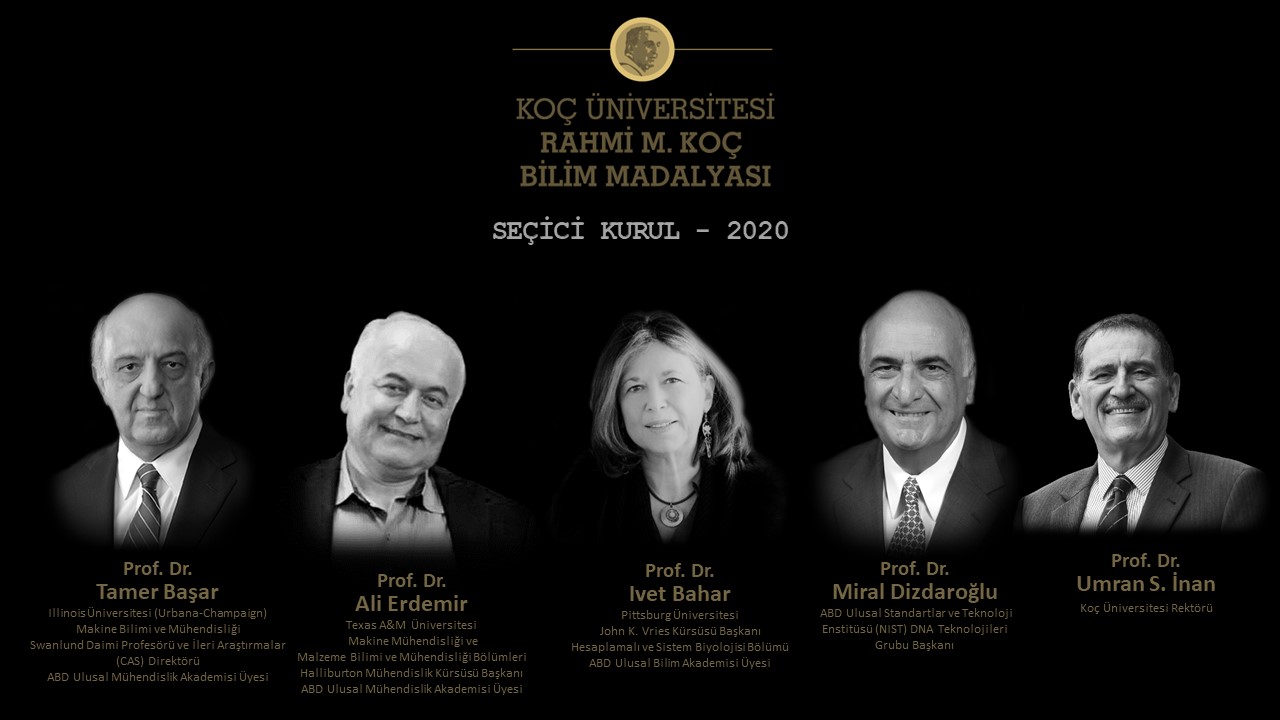
Hatice Altug is a full professor in the Institute of Bioengineering at Ecole Polytechnique Federale de Lausanne (EPFL), Switzerland. She is also the director of EPFL Doctoral School in Photonics. Between 2007 and 2013, she was a professor in the Electrical and Computer Engineering Department at Boston University, U.S. She received her Ph.D. in Applied Physics from Stanford University (U.S.) in 2007 and her B.S. in Physics from Bilkent University (Türkiye) in 2000.
Prof. Altug is the recipient of the U.S. Presidential Early Career Award for Scientists and Engineers in 2011, which is the highest honor bestowed by the United States government on outstanding scientists and engineers in their early career, Optical Society of America Adolph Lomb Medal, which is presented to a person who has made a noteworthy contribution to optics at an early career stage, and the European Physical Society Emmy Noether Distinction. She received the European Research Council (ERC) Consolidator Grant, ERC Proof of Concept Grant, U.S. Office of Naval Research Young Investigator Award, U.S. National Science Foundation CAREER Award, Massachusetts Life Science Center New Investigator Award, IEEE Photonics Society Young Investigator Award. She is an elected fellow of the Optical Society of America. She won Inventors’ Challenge competition of Silicon Valley in 2005. She has been named to Popular Science Magazine’s “Brilliant 10” list in 2011.
Prof. Altug’s research is focused on nanophotonics and its application to biosensing with expertise covering from optics, microfluidics, nanofabrication, biochemistry to data science. Her laboratory introduces next-generation nanophotonic biosensors, spectroscopy, and bioimaging technologies for label-free, real-time, and high-throughput analysis of biological samples for point-of-care diagnostics, bioanalytics, and life sciences.

Koç University Rahmi M. Koç Medal of Science Selection Committee
Chaired by Koç University President Prof. Umran Inan, the 2020 Selection Committee comprised of individuals from very prominent institutions around the globe includes Professor İvet Bahar (University of Pittsburgh ), Professor Ali Erdemir (Texas A&M University), Professor Tamer Başar (University of Illinois at Urbana-Champaign) Professor Miral Dizdaroğlu (National Institute of Standards and Technology) and Professor Umran İnan (Koç University).









